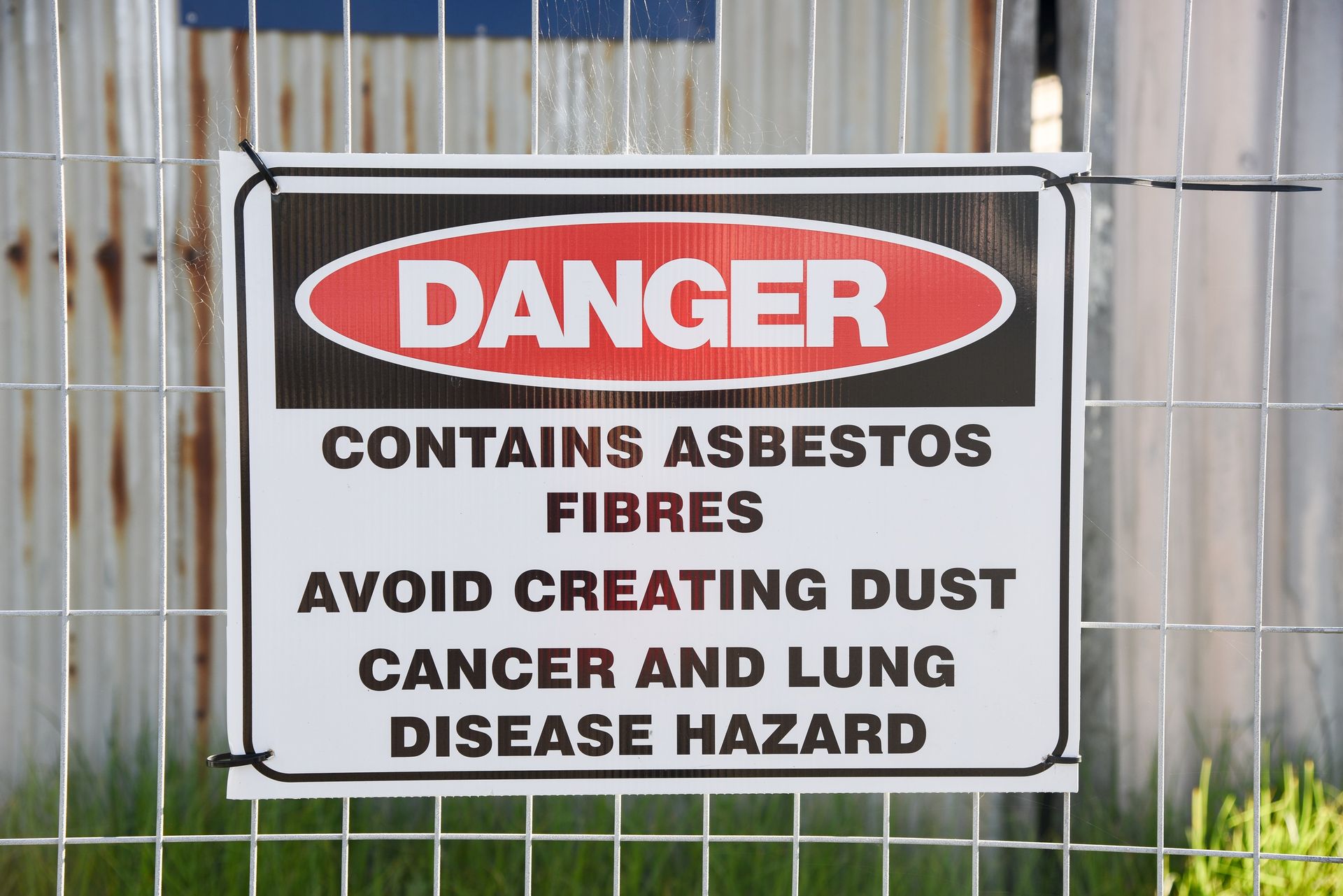Expertise
Deceased Estate Probate
DECEASED ESTATE LAWYERS WOLLONGONG
Deceased Estate Probate Specialists
We make managing and finalising a deceased estate easy. We have many years of combined experience in this area and are dedicated to guiding you through every step of the process with expert legal counsel.
Comprehensive Range of Services
From dealing with deceased estates to making testamentary trust Wills, the team at Kells offers a complete range of services to meet your estate planning needs.
Readily Accessible
With strategically located offices across the Illawarra region, we offer the benefit of convenience and accessibility to our clients in NSW.
Tailored Legal Solutions
We do not make you fit into a “one size fits all” for your estate planning requirements. Instead, we tailor our solutions to meet your unique needs and goals.
Here To Help
Managing a deceased estate can be an emotionally challenging experience. At Kells, we understand the difficulties faced when close family members or loved ones are gone. We will work with you to ensure that all of the legal processes involved with the deceased estate probate are carried out correctly so that any assets can be distributed as per the wishes of the deceased person.
How Can Our Estate Planning Lawyers Help?
Executors play an important role in ensuring the Will and wishes of a loved one are carried out after they are gone.
At Kells, our experienced team can help you with all necessary tasks to manage and finalise a deceased estate, including:
- Liaising with asset holders such as banks, credit unions and superannuation funds
- Preparing the forms necessary to apply for a grant of probate with the NSW Supreme Court
- Defending the estate against any family provision claims
- Assisting with the sale of assets such as shares and real estate
- Liaising with financial advisors to address taxation or stamp duty issues
- Attending to distribution of the estate.
We understand that dealing with a deceased estate is a stressful experience and our aim is to ease that difficult time by taking care of the legal issues. Call our estate planning lawyers in Wollongong to find out more or to schedule an appointment.
Frequently Asked Questions
Get Expert Estate Planning Advice
Looking for the right professional advice for a deceased estate probate matter? Call us today and let our expert estate planning lawyers assist you.















